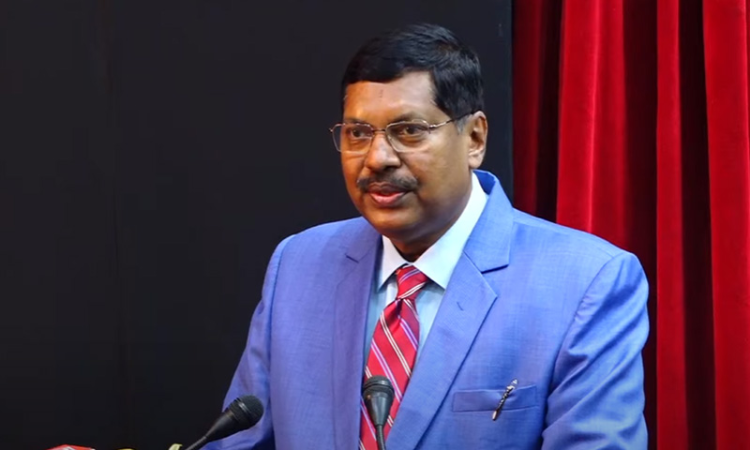Justice Gavai Flags Misuse Of Live-Streamed Hearings By Content Creators, Says Short Clips Often Mislead & Sensationalise
LIVELAW NEWS NETWORK
10 March 2025 8:19 PM IST

The Supreme Court Judge said that clear guidelines are necessary regarding the use of livestream footage.
Next Story


